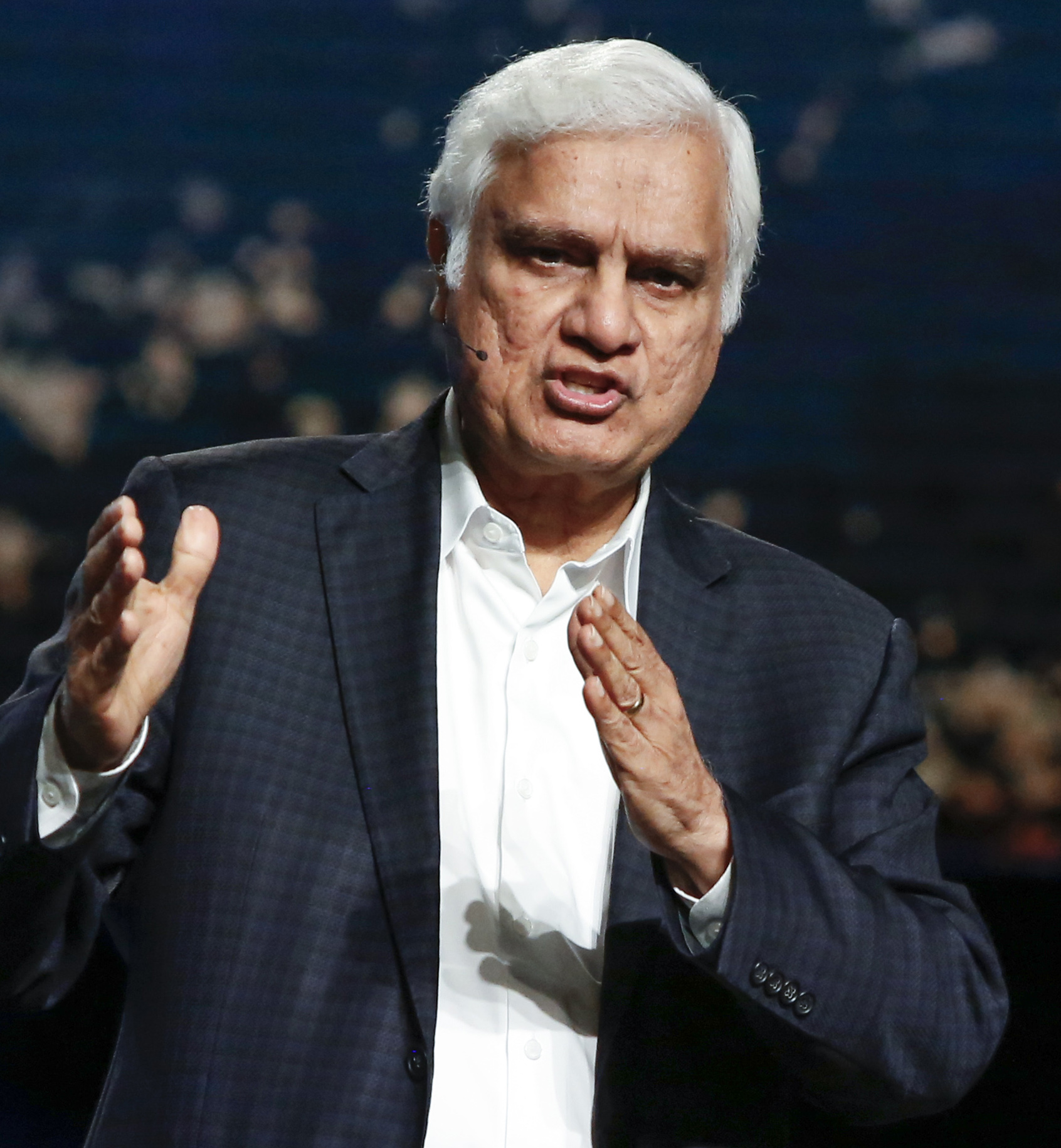On Ravi Zacharias. “Lord, what about this man?”
 On Ravi Zacharias. “Lord, what about this man?”
On Ravi Zacharias. “Lord, what about this man?”About Churches in Defiance of Lockdown Orders
There are generally two views of churches remaining open in Ontario, in defiance of the lockdown orders: 1) the church should obey them and 2) the church should defy them. I understand there are nuances to these, but generally, these are the options.
I am speaking today to those who take the first track. If you can remain closed in good conscience, I will not argue against you. This isn’t my purpose here.
What I do find unsettling are the comments in social media, from Christians, who seek to vilify churches that continue to meet (actual quotes)
“They should have the book thrown at them.”
“I hope they receive the maximum fine.”
“They are only doing this for attention.”
These are coming from Christians. I expect this from those who hate Christ and His church, but it is very sad to hear Christians call out other Christians in this way. Do we really hope for jail time and crushing fines for the brethren?
Now would be a good time to revisit Matthew 25:31-46 which is, contrary to Tony Compolo, not a call to social justice, but a warning regarding how Christ’s servants are treated by the nations in persecution—see especially vs 40:
40 And the King will answer them, ‘Truly, I say to you, as you did it to one of the least of these MY BROTHERS, you did it to me.’
How are we treating our brothers?
And if you hear yourself saying that churches are defying lockdown orders only for attention or to experience a sense of unnecessary persecution, you might want to reflect on the Ninth Commandment (Exodus 20:16). Unless you are absolutely certain of the wrong motives of those you condemn, ascribing evil motives to a person is actually bearing false witness.
Accept the reasons given by those who choose to worship tomorrow rather than reasons ascribed to them by those who hate Christ: local and national news commentators, or even government spokesmen. We have no reason to accept their word over other Christians.
Remember, the Scripture tells us to pray for and to submit to authorities who operate within their sphere of authority. Scripture never tells us to submit to avoid persecution. If you’re going to learn at the end of all this (if there is an end) that you were in error, it is best to err on the side of those who suffer for Christ.
©Scott Jacobsen
